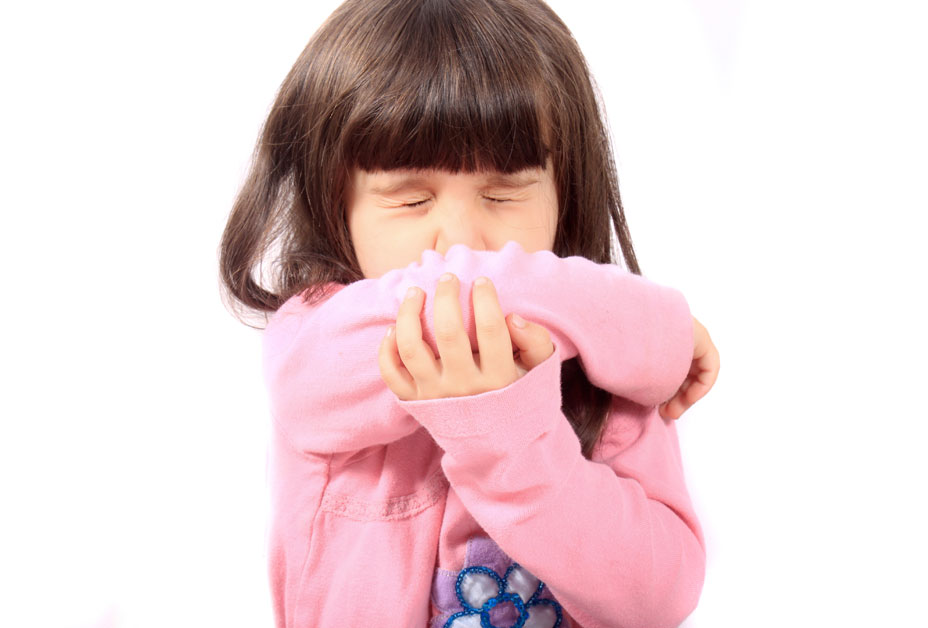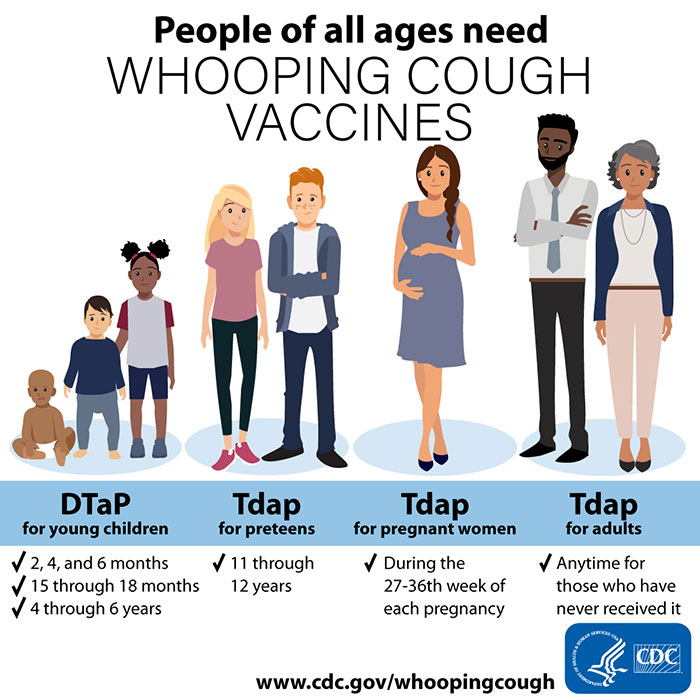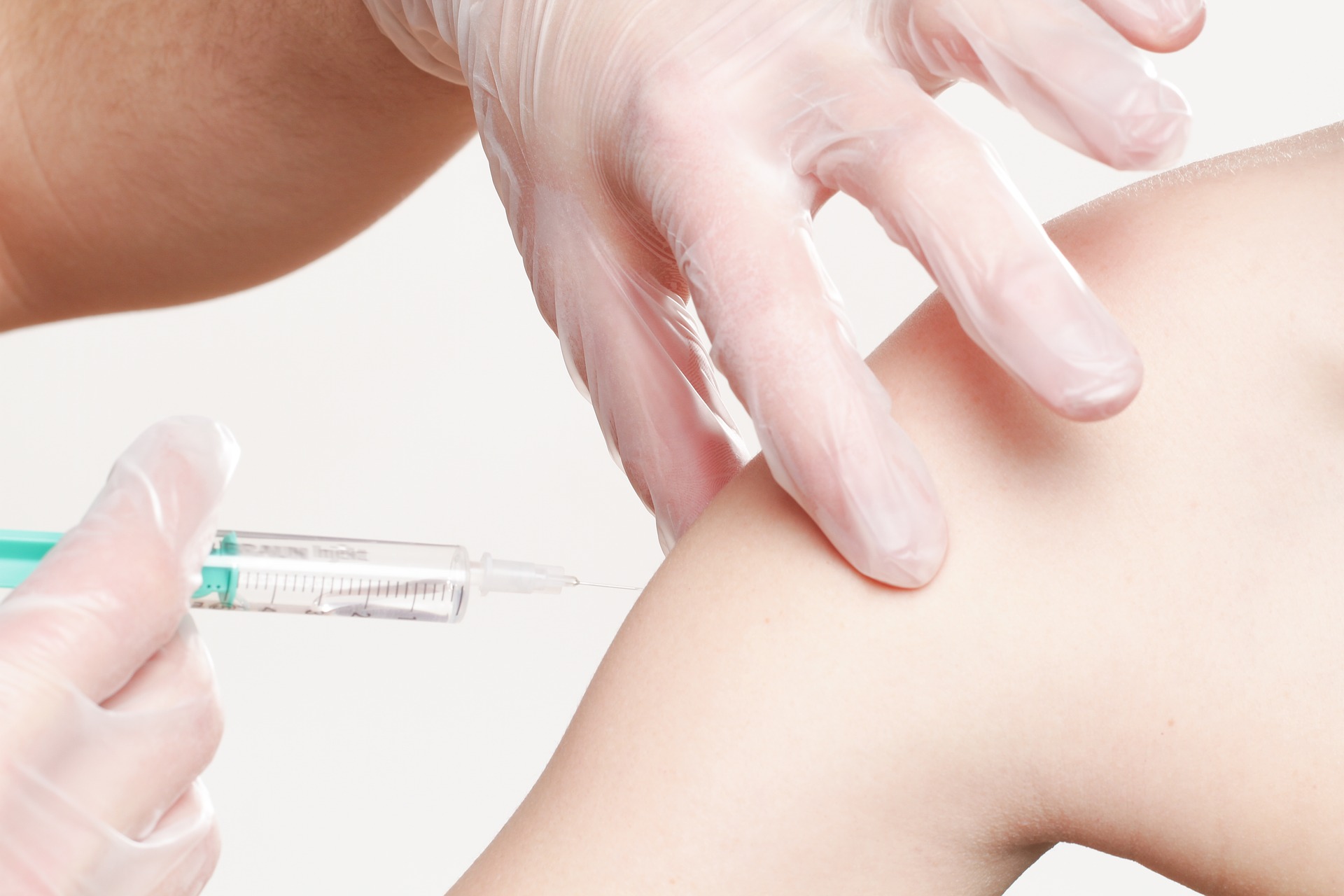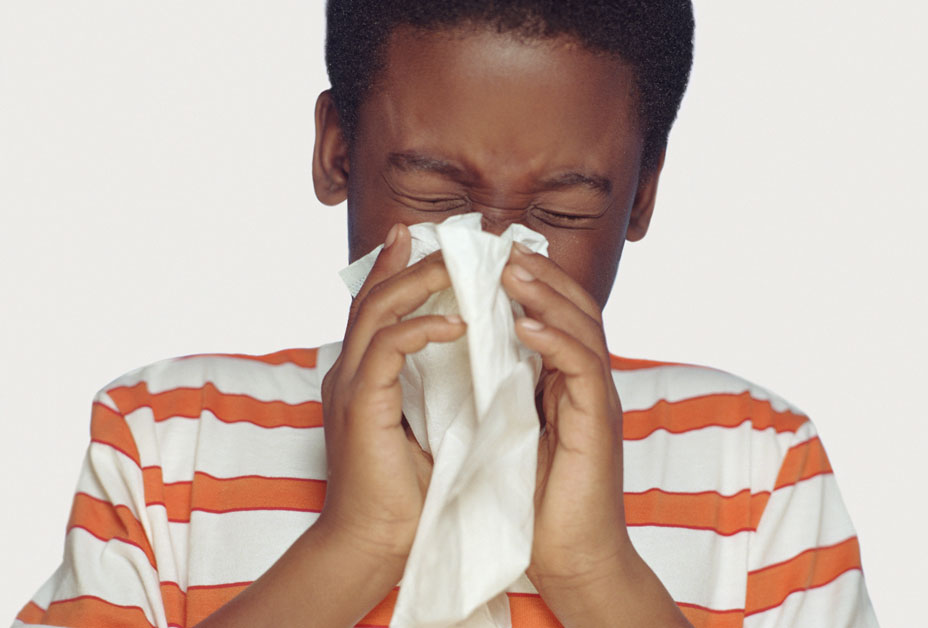DHHS → MeCDC → Disease Surveillance → Epidemiology → Vaccine-preventable Diseases → Pertussis
Pertussis (Whooping Cough)
On this page
General Information
Pertussis is a respiratory illness commonly known as whooping cough and caused by the bacteria Bordetella pertussis. Pertussis can be very serious, especially in infants.
Spread of Pertussis
Pertussis is a very contagious disease only found in humans and spreads easily from person-to-person. People with pertussis usually spread the disease to another person by coughing or sneezing or when spending a lot of time with someone who is sick with pertussis.
Infected people are most contagious up to about two weeks after the cough begins.
Signs and Symptoms of Pertussis
The first signs of pertussis are similar to a common cold. This includes: 
- Sneezing
- Runny nose
- Low-grade or no fever
- Mild cough
These signs start 5 to 21 days after exposure.
After one or two weeks of illness, the cough gets worse with symptoms that may include:
- A sudden, uncontrollable cough where one cough follows the next without a break for breath.
- A high-pitched whooping sound when breathing in after a coughing episode. Whooping is less common in infants and people who are vaccinated.
- Vomiting or gagging after coughing.
- Exhaustion, or feeling very tired from coughing.
The symptoms of different respiratory illnesses can seem similar. View this chart to help distinguish between them.
Who Gets Pertussis?
People of all ages can get pertussis, even people who are vaccinated or had pertussis in the past. Pertussis is most common in school-aged children and teenagers, but cases in adults also occur.
Prevention of Pertussis
Get Vaccinated
Wash Your Hands Often |
Stay Home When Sick
Cover Your Coughs and Sneezes |
- Vaccination is the best way to prevent pertussis among babies, children, teens and adults.
- The recommended pertussis vaccine for babies and children is called DTaP. This is a combination vaccine that protects against diphtheria, tetanus, and pertussis.
- Vaccine protection from DTaP fades over time.
- A booster called Tdap is recommended for teens and adults. Tdap is meant for preteens, teens, and adults and protects against tetanus, diphtheria, and pertussis.
- Pregnant women should get Tdap during the 3rd trimester of every pregnancy to provide protection from pertussis to the infant.
- Talk to your healthcare provider if you have signs or symptoms of pertussis or were in close contact with someone with pertussis.

Diagnosis
Healthcare providers diagnose pertussis based on:
- Signs and symptoms
- Exposure
- Laboratory tests
- Nasal swabs (preferred)
- Blood tests (not recommended)
Treatment and Antibiotics
Early treatment with antibiotics is very important.Antiobiotics may make your illness less serious if you start it early, before coughing fits begin. Antibiotics can also help prevent spreading the disease to close contacts (people who spend a lot of time around the infected person). Pertussis can sometimes be very serious and may require treatment in a hospital. Babies are at the greatest risk for serious complications.
Resources for Maine Residents
- Pertussis Fact Sheet (PDF) | (PDF) عربي | Français (PDF) | Lingala (PDF) | Português (PDF) | 中国人 (PDF) | Soomaali (PDF) | Español (PDF)
- Pertussis FAQ - General Questions
- Pertussis FAQ - Pregnant Women and New Parents
- Pertussis Versus Parapertussis Fact Sheet (PDF)
- Maine Immunization Program
- Pertussis Vaccine Information Statement (VIS)-Children
- Pertussis Vaccine Information Statement (VIS)-Adults
- US CDC Pertussis page





